For more than 225 years extraordinary men and women have represented the United States abroad. In 1996 the Association for Diplomatic Studies and Training (ADST) and DACOR, an organization of foreign affairs professionals, created a book series to increase public knowledge and appreciation of American diplomats and their role in advancing our national interests. The books in this series demystify diplomacy by telling the story of American diplomats, the lives they led, and the world events they helped to shape.

This history, twenty years in the research and writing, relates the story of Americans living in Kuwait, beginning with the establishment of the American Mission Hospital in 1911. It covers the first century of community experience ending in 2011, which is also the fiftieth anniversary of Kuwait's emergence as an...
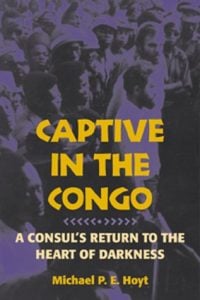
As one of those taken hostage by Congolese rebels at the U.S. Consulate he headed in Stanleyville (now Kisangani), Michael Hoyt provides the first inside account of the 1964 seizure of the American consulate staff and their 111 days of captivity. Their struggle to stay alive and their dramatic rescue...
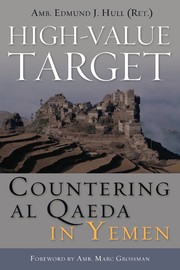
Since its inception, al Qaeda has aspired to create a safe haven in Yemen, where it has operated against U.S. and Yemeni interests. From 2001 to 2004, when Edmund Hull was U.S. ambassador to Yemen, U.S. and Yemeni counterterrorism efforts successfully seized the initiative against al Qaeda, severely degrading its...
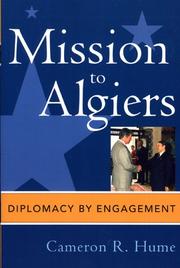
By 1990, as the state-controlled Algerian economy careened toward the brink of bankruptcy, its government began to turn away from one-party rule and toward democracy. But after the government canceled an election that Islamist parties were poised to win, the ensuing Islamist insurgency killed as many as 100,000 and threatened...

Dick Jackson captures the humor and sheer incongruity of working across cultures in an international career spanning diplomacy and education. Written in a lighthearted tone, his memoir also delves into tragic consequences in countries such as Somalia, Libya, and Greece. The author uses wit and anecdote to chronicle the monumental...
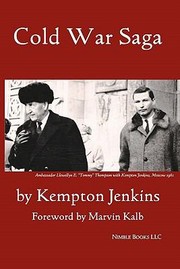
Cold War Saga gives an insider’s view of the global confrontation between the Soviet Union and the United States and its allies. The author, veteran diplomat Kempton Jenkins, was directly involved in this epic struggle from its beginning in 1950 through 1980.
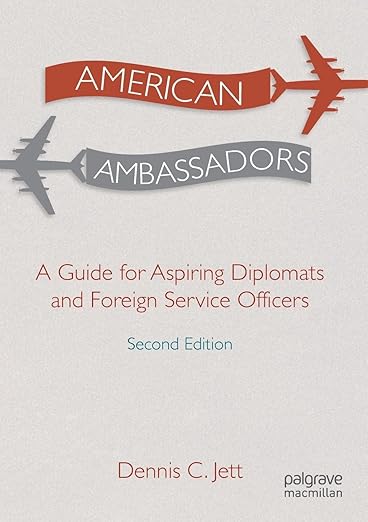
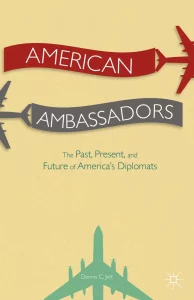
The way in which people become ambassadors of the United States is the result of time––honored traditions and, in some cases, a thinly veiled form of political corruption. Former U.S. ambassador Dennis Jett’s American Ambassadors explains where ambassadors come from, what they do, where they go, and why they still...
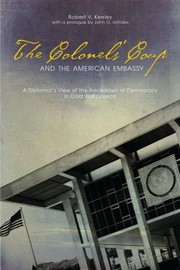
A major event in the history of the Cold War, the Colonels’ Coup of April 21, 1967, ushered in seven years of military rule in Greece, turning the Greek democracy into yet another country where fear of Communism led the United States into alliance with a repressive right-wing authoritarian regime....
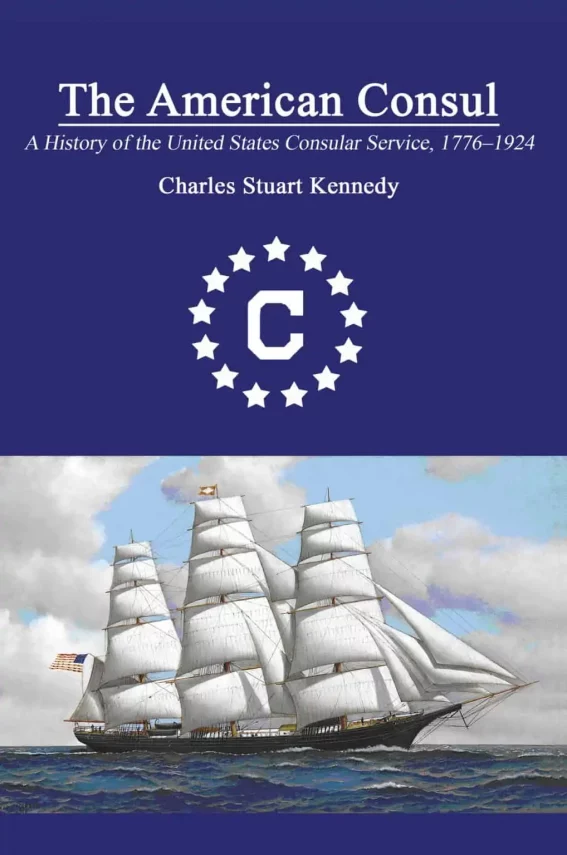
As a British colony Americans relied on the far-flung British consular system to take care of their sailors and merchants. But after the Revolution they had to scramble to create an American service. While the U.S. diplomatic establishment was confined by protocol to the major capitals of the world, U.S....
